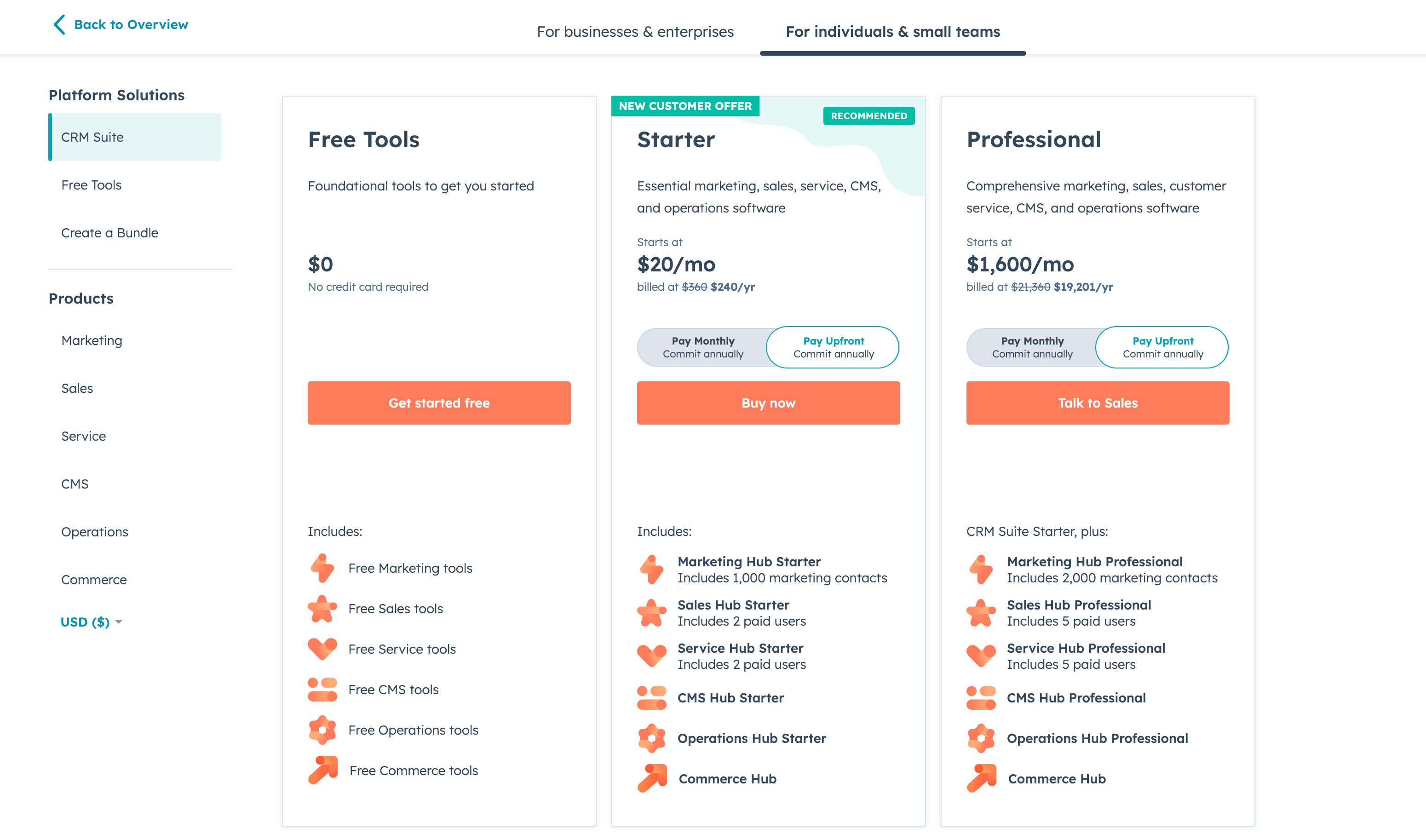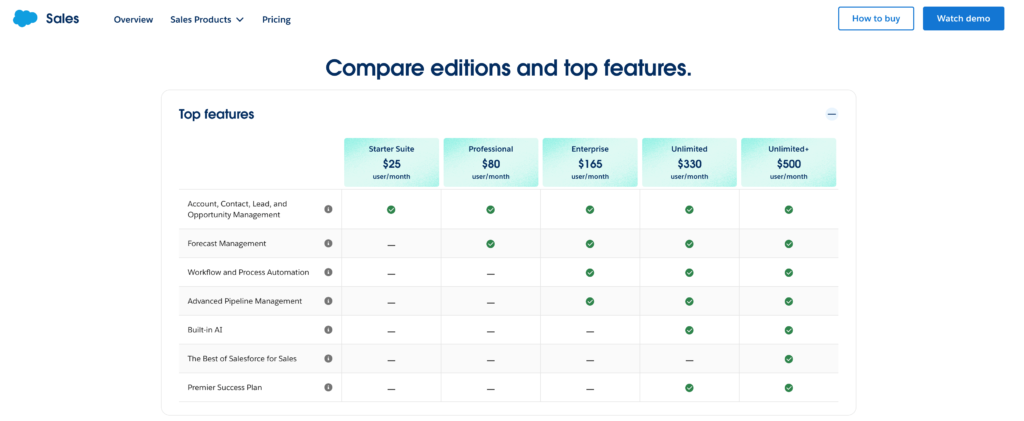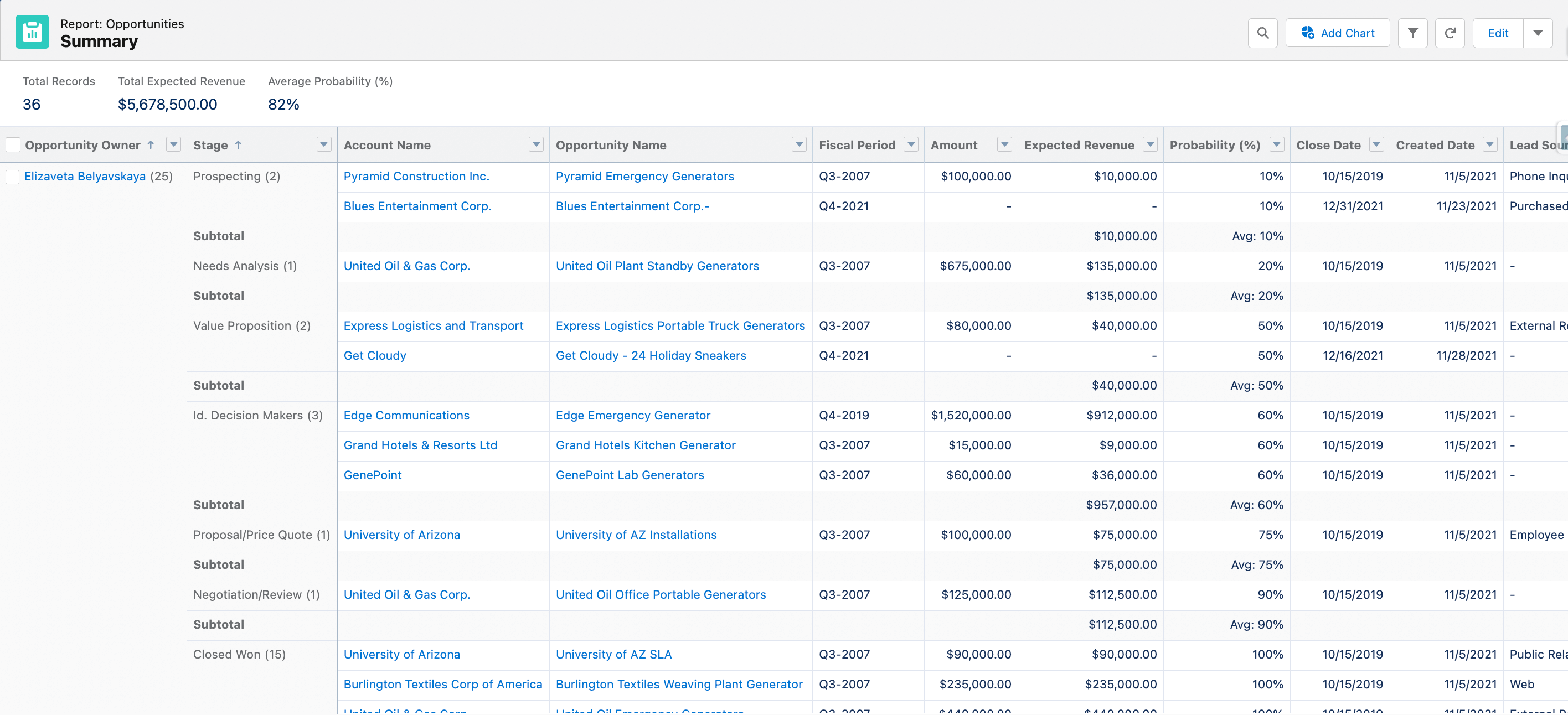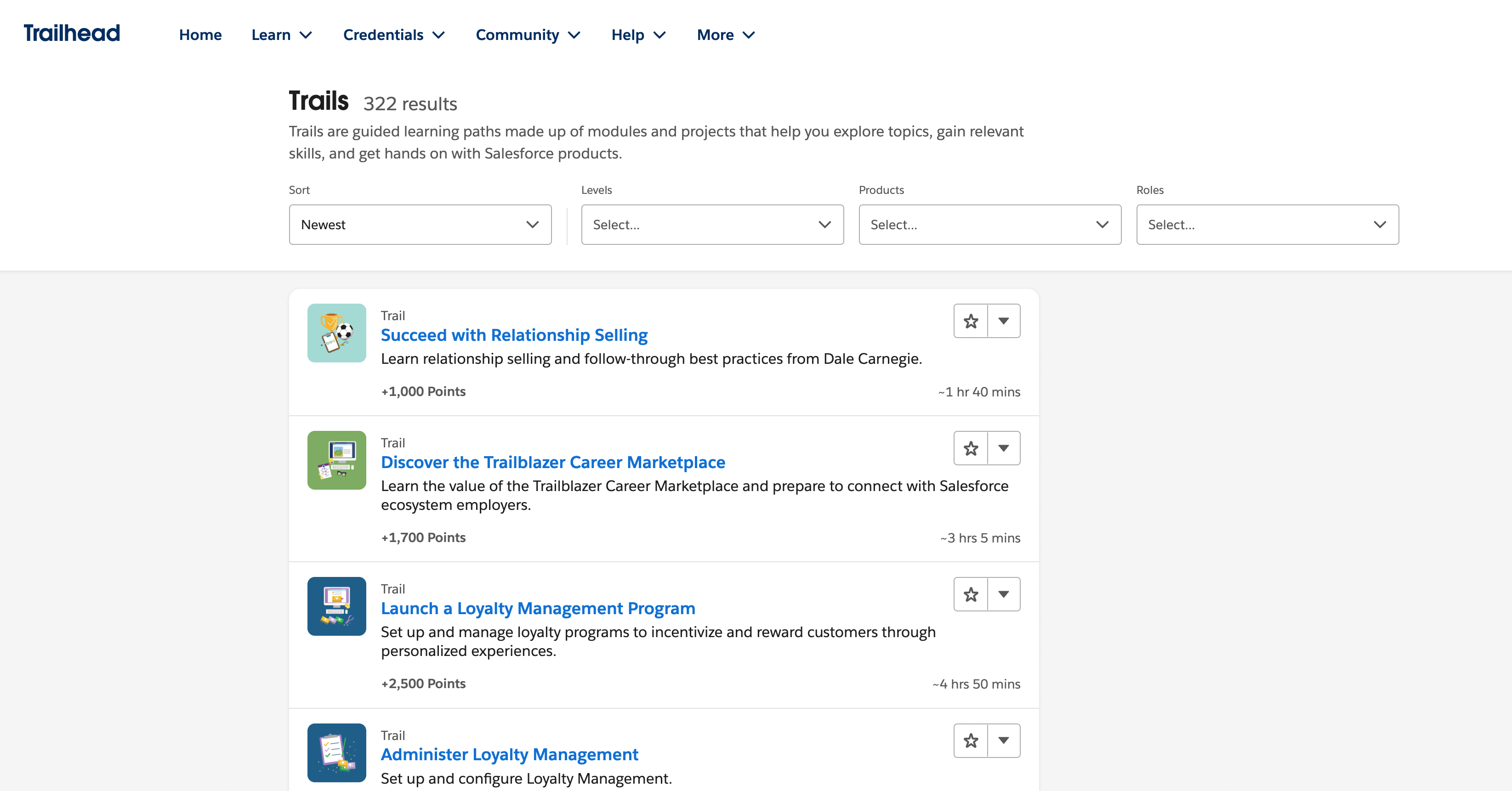Okay, your business has realized the importance of setting up a CRM system. Now the next big question arises: HubSpot or Salesforce? These two CRM heavyweights are vying for your attention. Both have been revolutionizing the way businesses manage their customer interactions and sales processes. So, which one is the ultimate champion for your specific needs?
Point 1. Target Audience and Use Cases
HubSpot: Built with a focus on inbound marketing and sales, HubSpot is often favored by small to mid-sized businesses looking for an all-in-one solution to manage their marketing, sales, and customer service efforts.
Salesforce: Salesforce, on the other hand, is suitable for businesses of all sizes and is particularly popular among large enterprises and businesses with complex sales processes and customization needs. Apart from core Sales and Service clouds, Salesforce offers separate Clouds, like Marketing Cloud, Experience Cloud, and Data Cloud, as well as industry-specific solutions. However, Salesforce also has special plans for small businesses to start and grow.
Point 2. It Is All Cool, but What About Prices?
Hubspot: the Hubspot CRM pricing contains platform solutions that include Marketing, Sales, Service, and CMS tools in one bundle. Each product within the package also comes separately in Starter (starts at $18/month), Professional (starts at $450/month), and Enterprise (starts at $3600/month) editions. The free package offers limited features in all products combined.

Salesforce: every Salesforce Cloud is billed separately. Basic Sales Cloud plans include the Professional edition at $80 per user per month, the Enterprise plan at $165 per user per month, the Unlimited plan at $330 per user per month, and the Unlimited+ plan at $500 per user per month. For small teams, Salesforce offers a Starter Suite edition at 25$ per month, which includes essential marketing, sales, and service features.

Note that in Salesforce, the marketing package is separate from the core Sales Cloud. The Marketing Cloud starting price for the lowest tier is $1,250 per month for up to 10,000 contacts. This might make Salesforce too expensive for small businesses that want a CRM with integrated marketing features and are working with tight budgets.
Point 3. Customization possibilities
HubSpot: While HubSpot offers some level of customization, its flexibility is relatively more limited compared to Salesforce, particularly when it comes to creating complex automation workflows and highly tailored reporting.
Salesforce: Renowned for its extensive customization options, Salesforce allows businesses to tailor their CRM to their specific needs, from custom objects and fields to tailored automation processes and deep integrations with other systems.
Let’s say you want to create a custom object to track employee training at your company. In HubSpot, your options might be a bit limited, and you might have to work within certain constraints. But in Salesforce, you can easily create a custom object called “Training Session” with fields for date, trainer, and topics covered, and then design automated processes around it, so everything flows just the way you need it to.
Point 4. Reporting and Analytics
HubSpot: HubSpot offers an array of standard reporting and analytics features, providing insights into website traffic, email campaign performance, and lead conversion metrics.
Salesforce: Salesforce’s reporting capabilities are more highly advanced, enabling businesses to create complex custom reports, dashboards, and forecasting tools to gain deeper insights into their sales, marketing, and customer service activities by displaying your entire sales pipeline in one view.
Check our blog post with Salesforce reports overview with report demos.

The example of the Summary report in Salesforce
Point 5. Customer Support and Training
HubSpot: Known for its excellent customer support and comprehensive training resources, HubSpot provides a range of learning materials, webinars, and a supportive community to help users make the most of the platform.
Salesforce: Salesforce offers a robust support system and access to a large Trailhead community of developers and partners, providing an extensive knowledge base, training programs, and certifications to help businesses maximize their use of the platform.

Final Thoughts
When choosing between HubSpot and Salesforce, it’s crucial to think about what your business really needs. HubSpot is great for inbound marketing and lead nurturing, while Salesforce works well for complex sales processes and scalability. It’s also important to consider your budget and resources: both HubSpot and Salesforce deliver solutions for all-size companies, from startups to enterprises. Also, think about how much your business might grow and how much you need to customize your CRM. Other factors to consider include industry-specific features, training needs, and compliance requirements. By weighing these factors, you can find the best CRM that fits your business goals and processes.


